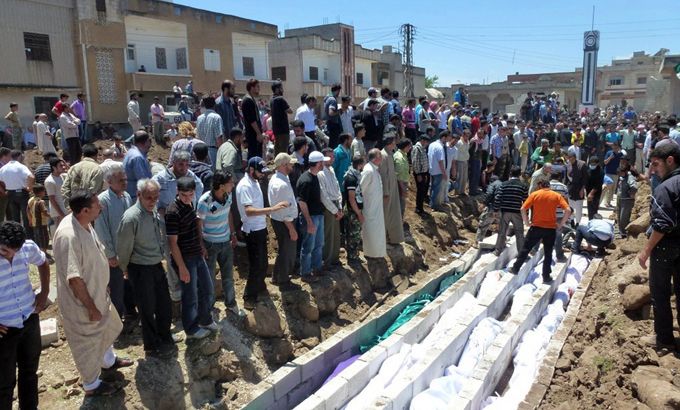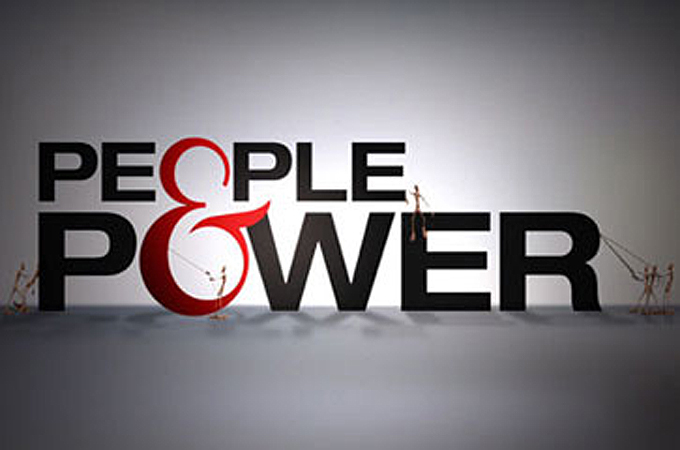
What happened in Houla?
We ask how a once serene part of Syria became the scene of events that shocked the world.
The Syrian uprising has been notable for its violence and high number of casualties. But even against the background of the regime’s indiscriminate shelling of civilian areas, summary executions and use of snipers against protesters, the massacre in Houla stands out.
Around 100 civilians, almost half of them children, were killed.
Keep reading
list of 4 itemsAbout 282 million people faced acute hunger last year: UN-led report
North Korea conducts test on new ‘super-large warhead’: State media
‘Blatant aggression’: Reactions to US veto of Palestine’s UN membership bid
Before the Syrian uprising began, Houla had been a peaceful and serene place. An agricultural area located 25km from the city of Homs, it had a population of 150,000 and included towns and villages such as Taldou, Kafr Laha, West Teiba and Taldahab – all populated by the Sunni majority.
But Houla is surrounded by small towns inhabited by other sects. Ghouri, for example, is populated mostly by Shia, while Fulla, Shenia, Al Kabou, Meriamen and other villages are predominantly inhabited by Alawites.
This sectarian mix forms contact lines that many argue have been used by the regime in a bid to ignite a sectarian war in Syria.
The story of the Houla massacre began on May 25, 2012 – a Friday protesters have named “Damascus, we will meet soon”.
The regime maintains that the events that took place there on that Friday were the work of what it describes as “terrorist” groups.
But an initial UN report into the massacre concluded that: “Forces loyal to the government may have been responsible for many of the deaths.”
And a subsequent report by the UN has concluded that the Syrian government’s version of events on that day was implausible and that regime forces and loyalist fighters were responsible.
So, how did this serene area become the centre of events that shocked the world?
Mahmoud al-Ken’s investigation for Al Jazeera paints a picture of that day. It includes eyewitness testimonies smuggled to Al Jazeera that we are unable to verify.
People & Power can be seen each week at the following times GMT: Wednesday: 2230; Thursday: 0930; Friday: 0330; Saturday: 1630; Sunday: 2230; Monday: 0930. Click here for more on People & Power. |
